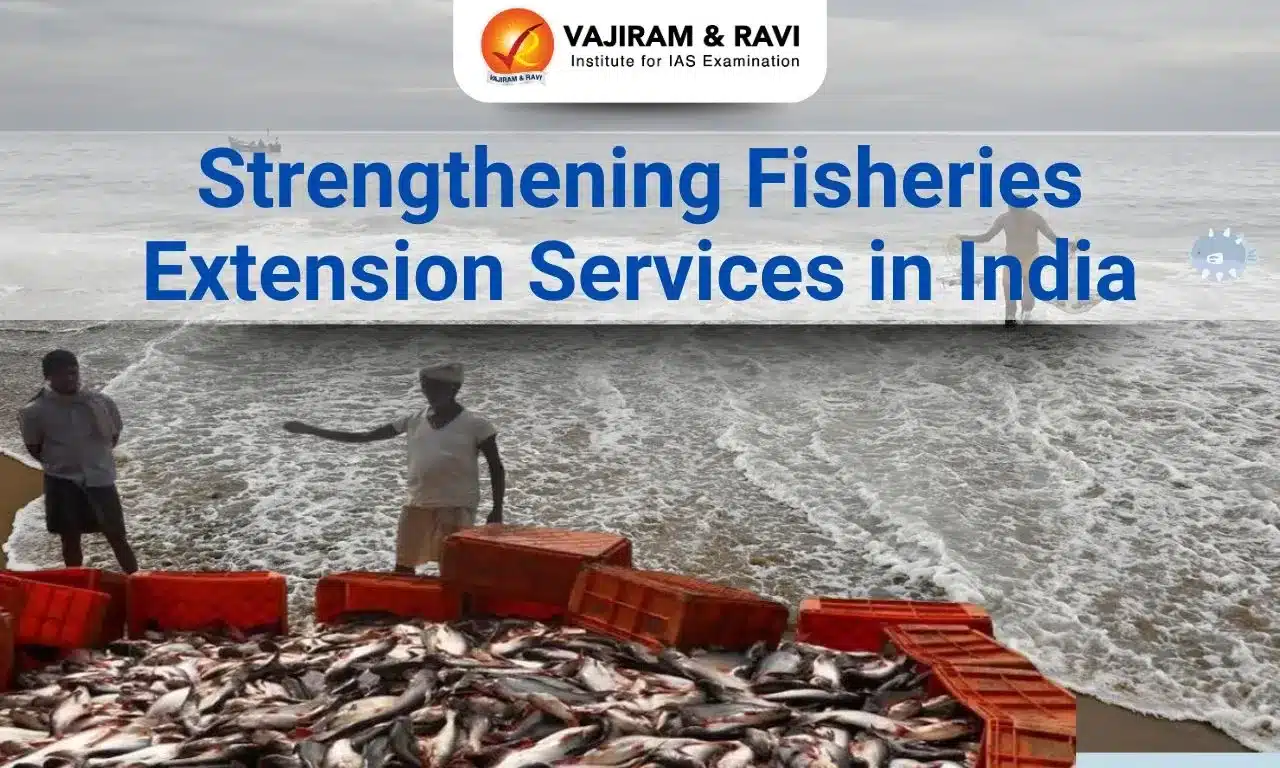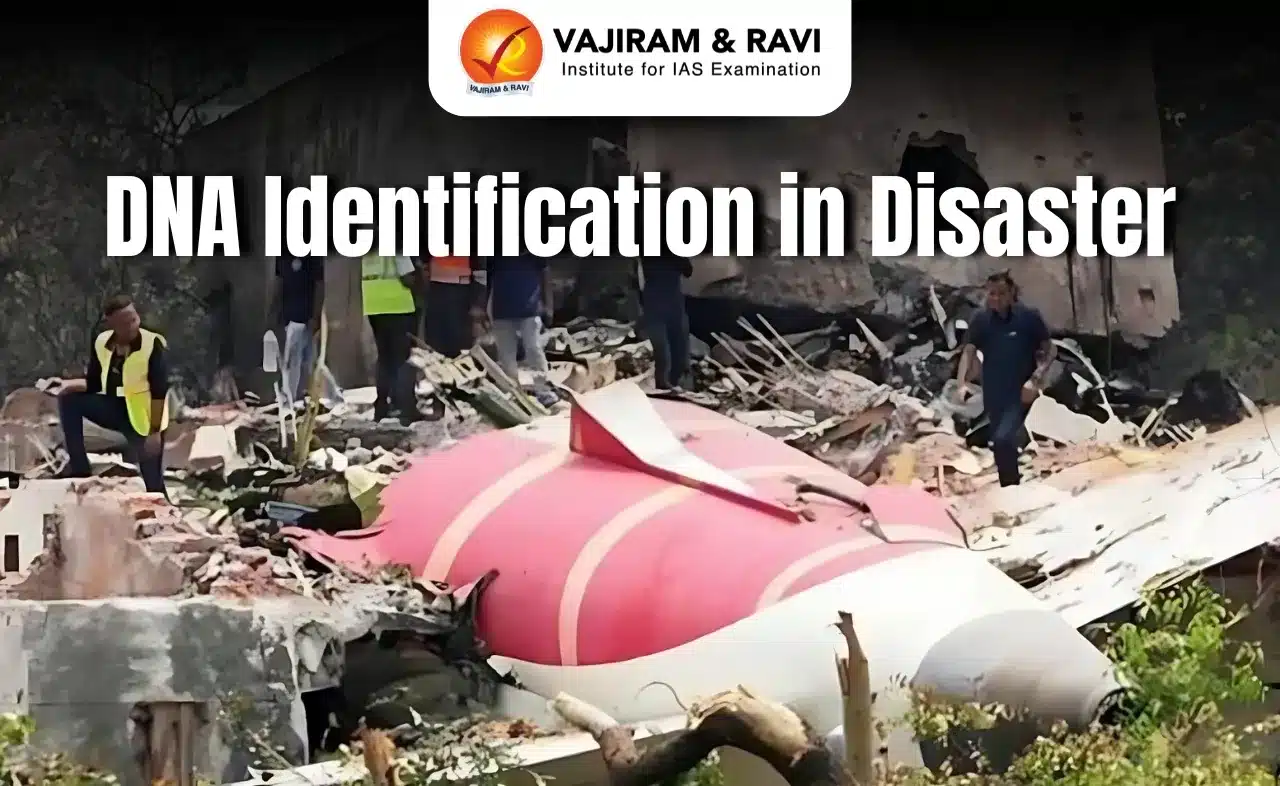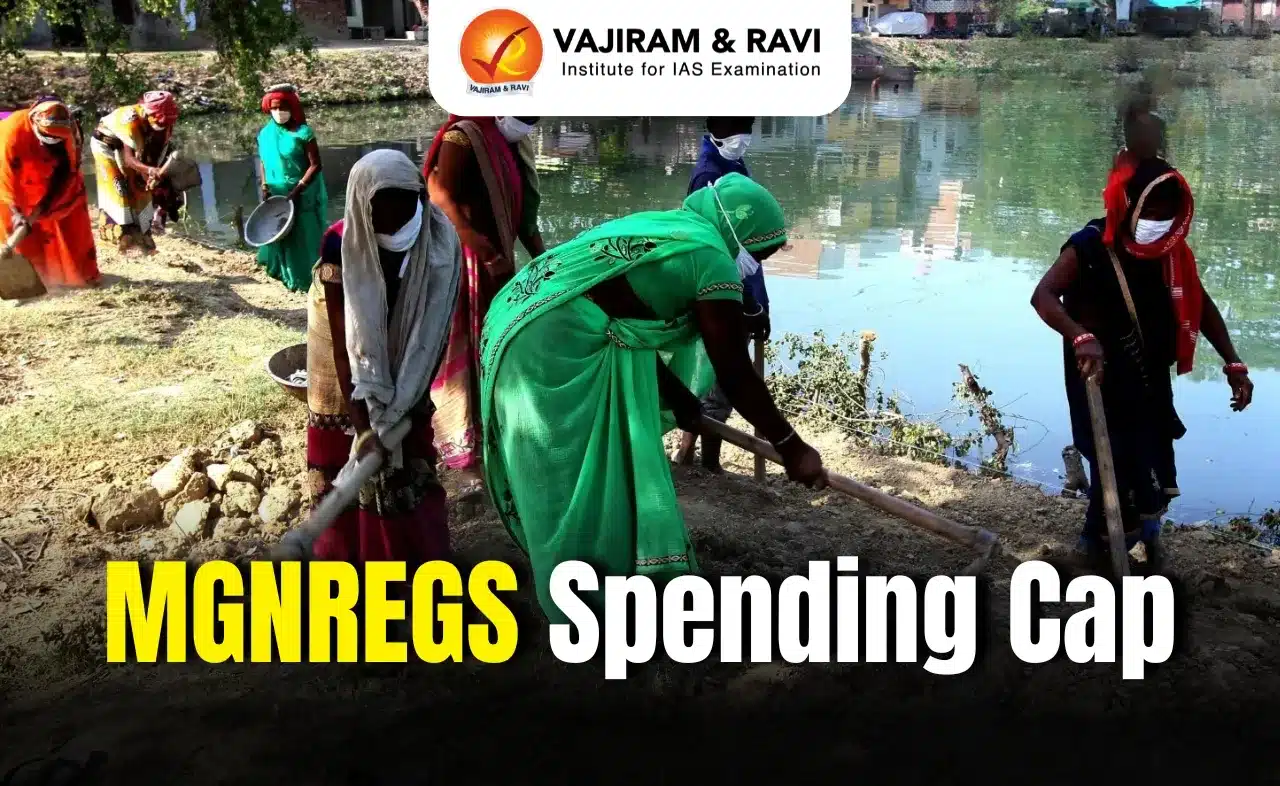What’s in today’s article?
- Introduction
- Importance of Fisheries Extension Services
- Key Government Initiatives
- Challenges in Fisheries Extension Services
- Way Forward
- Conclusion
Introduction
- India, with its diverse aquatic resources, plays a pivotal role in global fisheries and aquaculture.
- The sector provides livelihood to more than 25 million fishers and fish farmers at the primary level and twice the number along the value chain.
- India is the 3rd largest fish producing country, contributing 8 percent to the global fish production and ranks 2nd in aquaculture production.
- The fish production in 2021-22 is 16.24 Million Tonnes (MTs) comprising of marine fish production of 4.12 MTs and 12.12 MTs from Aquaculture.
Importance of Fisheries Extension Services
- Fisheries extension services bridge the gap between scientific advancements and fish farmers’ practices, ensuring:
- Knowledge Transfer: Guidance on species lifecycle management, water quality, disease control, and rearing technologies.
- Capacity Building: Training on sustainable practices and promoting fisheries as viable business models.
- Sustainable Practices: Addressing the challenges posed by climate change and overfishing through regenerative and conservation management.
Key Government Initiatives
- Matsya Seva Kendras (MSKs):
- Launched under the Pradhan Mantri Matsya Sampada Yojana (PMMSY), MSKs serve as one-stop centres for fisheries-related services.
- Role and Features:
- Provide disease testing and water/soil analysis.
- Train fishers on seed/feed technology and sustainable practices.
- Mobilize startups, cooperatives, self-help groups, and Fish Farmer Producer Organizations (FFPOs) to share best practices.
- Examples:
- MSK in Thrissur, Kerala: Offers advanced water and soil testing services.
- MSKs in Nasik and Sangli, Maharashtra: Focus on capacity building with technological inputs.
- Sagar Mitras:
- Deployed in coastal states and union territories, Sagar Mitras act as intermediaries between the government and marine fishers.
- Key Functions:
- Provide information on weather forecasts, fishing zones, and marketing needs.
- Educate fishers on local regulations, hygienic fish handling, and disaster preparedness.
- Digital Platforms:
- AquaBazaar: A virtual learning platform initiated by the National Fisheries Development Board. It offers:
- Expert guidance on breeding and seed production.
- Practical demonstrations to enhance fishers’ knowledge.
- World Bank-Assisted Project:
- Aims to formalize the fisheries and aquaculture sector by creating work-based digital identities for fishers and fish farmers.
- Focuses on capacity building, awareness generation, and streamlining extension services.
Challenges in Fisheries Extension Services
- Fragmentation: Lack of coordination among multiple initiatives.
- Digital Divide: Limited digital literacy and infrastructure in rural areas.
- Climate Change: Unpredictable weather patterns and resource depletion demand adaptive strategies.
Way Forward
- Institutional Convergence: Integrate fisheries extension services with the Krishi Vigyan Kendras (KVKs) and state agricultural departments to leverage existing networks.
- Promote Digital Outreach: Expand platforms like AquaBazaar to ensure wider access to knowledge and training.
- Public-Private Partnerships: Encourage private sector involvement in technology dissemination and capacity building.
- Focus on Climate Resilience: Develop strategies for sustainable resource management in the face of environmental changes.
Conclusion
- Strengthening fisheries extension services is critical to sustaining India’s growth in the fisheries and aquaculture sector.
- By enhancing last-mile connectivity, integrating digital tools, and fostering collaborations, India can empower its fishers and fish farmers to adopt sustainable practices and contribute to the nation’s economic and ecological well-being.
Q1. What is the difference between Aquaculture and Mariculture?
Aquaculture is the farming of aquatic organisms in fresh or marine water, while mariculture is a specialized branch of aquaculture that focuses on marine organisms for food.
Q2. Can freshwater fish survive in saltwater?
Freshwater fish cannot survive in saltwater because they are not adapted to the higher salt concentration in saltwater and cannot effectively osmoregulate.
Source: TH
Last updated on June, 2025
→ UPSC Notification 2025 was released on 22nd January 2025.
→ UPSC Prelims Result 2025 is out now for the CSE held on 25 May 2025.
→ UPSC Prelims Question Paper 2025 and Unofficial Prelims Answer Key 2025 are available now.
→ UPSC Calendar 2026 is released on 15th May, 2025.
→ The UPSC Vacancy 2025 were released 1129, out of which 979 were for UPSC CSE and remaining 150 are for UPSC IFoS.
→ UPSC Mains 2025 will be conducted on 22nd August 2025.
→ UPSC Prelims 2026 will be conducted on 24th May, 2026 & UPSC Mains 2026 will be conducted on 21st August 2026.
→ The UPSC Selection Process is of 3 stages-Prelims, Mains and Interview.
→ UPSC Result 2024 is released with latest UPSC Marksheet 2024. Check Now!
→ UPSC Toppers List 2024 is released now. Shakti Dubey is UPSC AIR 1 2024 Topper.
→ Also check Best IAS Coaching in Delhi





















